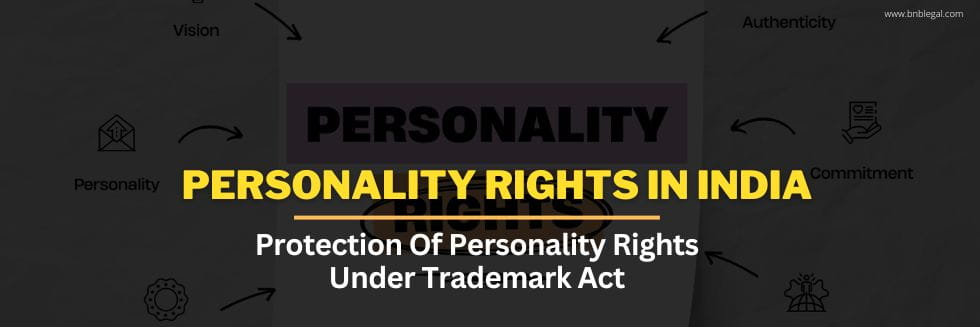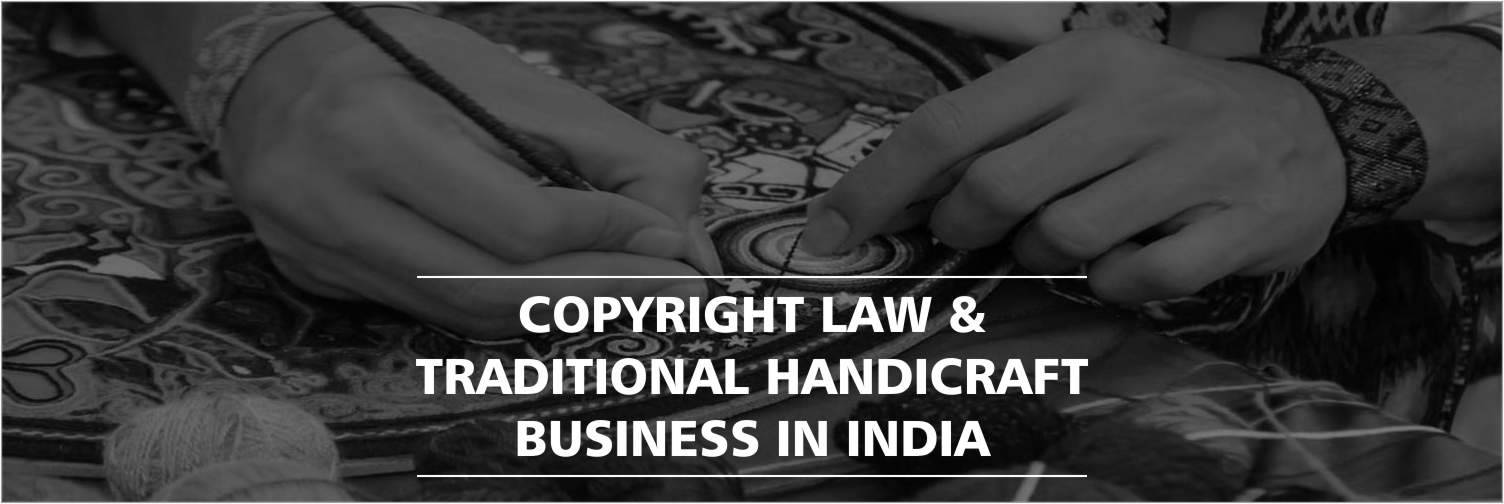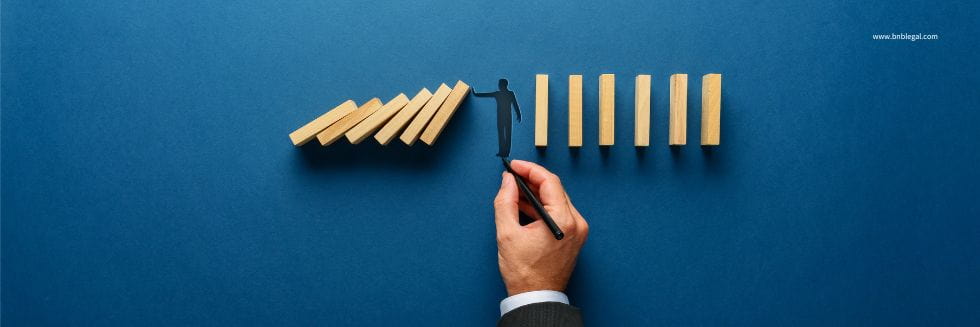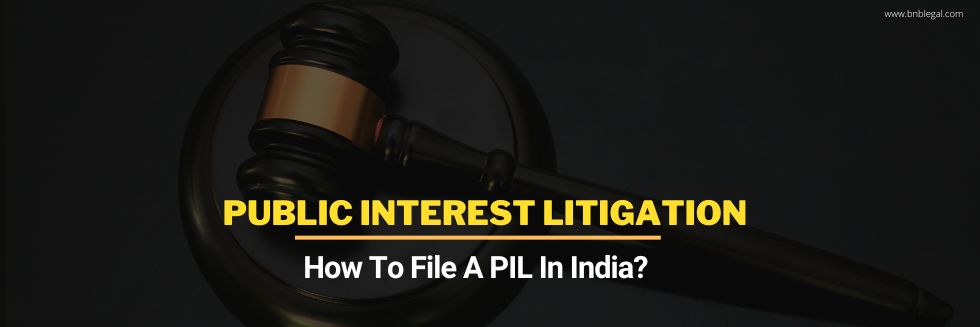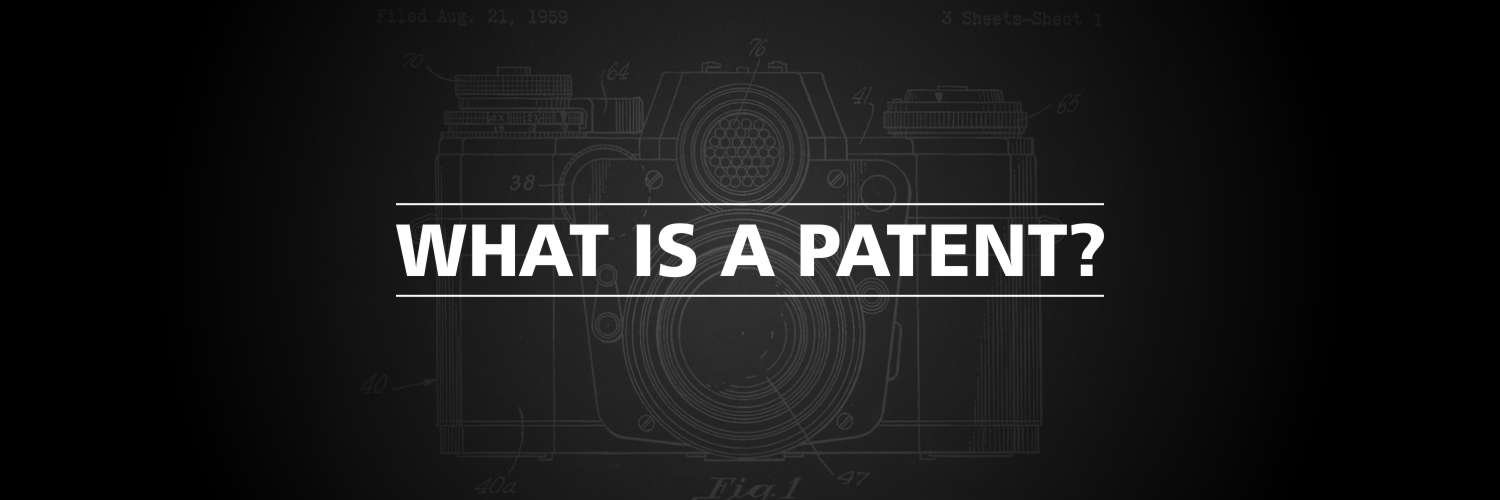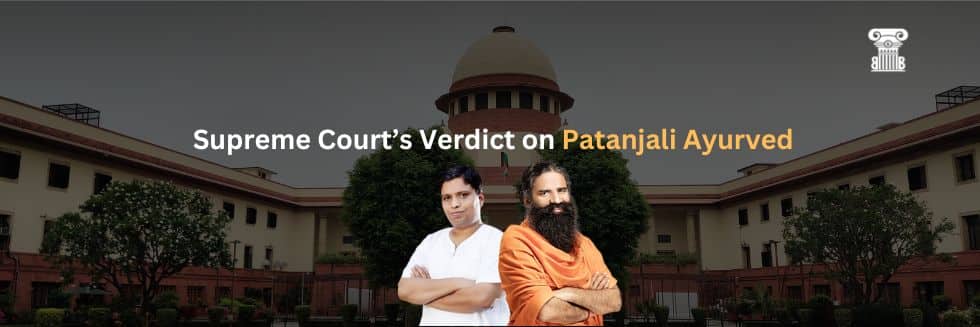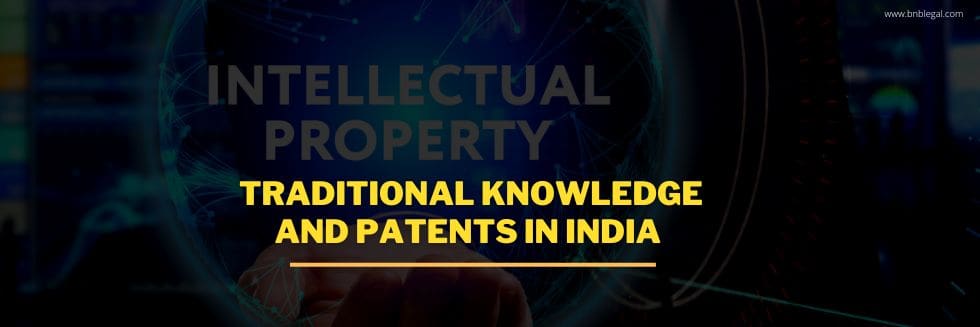With the digitization of practically every form of media – the rights of celebrities in relation to their name, voice, signatures, and personality are potentially at risk of infringement, thus giving rise to the concept of – ‘Personality Rights’. In this article, we are going to cover personality rights in India and how these personality rights are protected under Trademark Act.
According to Merriam Webster, Personality Rights are defined as – “Rights (as of personal security, personal liberty, and private property) appertaining to the person.” In simpler words, personality rights give celebrities the right to protect themselves from commercial exploitation. Personality rights have two prongs: First, the right of publicity which gives them the right to protect their likeness/image, being used for commercial purposes without consent. Second, the right to privacy which gives the right to protect their identity from being disclosed to the public without consent.
The Identity of a famous person can only be used for commercial purposes provided that the person in concern has given their consent for the same.
The Indian Jurisprudence And Personality Rights
This raises the question of – who are celebrities? In the case of Titan Industries Ltd. v. Ramkumar Jewellers, the Delhi High Court defined a celebrity as “a famous or a well-known person and is merely a person who “many” people talk about or know about” and further went on to lay down that “The right to control commercial use of human identity is the right to publicity”.
There has been no statutory recognition of such rights however, there have been relevant judgments which offer context and guidelines for issues pertaining to personality rights. To begin with, in the case of R. Rajagopal v. State of Tamil Nadu [1994], the Supreme Court of India held that the right to privacy is inferential to the fundamental right to life which is the right to be left alone. The court held that the Tamil magazine, Nakkheeran did not require consent to publish the life story of the serial killer Auto Shankar, insofar as it was based on public records. However, if it went beyond such records, it might be “invading his right to privacy.” Fundamental rights can be enforced only against the state; however, the court recognized that in the private sphere, an action would lie in tort for breach of privacy as a common law right.
A few years later in the case of ICC International v. Arvee Enterprises [2003], the Delhi High Court noted that “the right to publicity had evolved from the right to privacy and could inhere in an individual or in any aspect of an individual’s personality but is only limited to a living person and not in an event or a corporation behind the organization of an event.”
Recently, in the case of Amitabh Bachchan v. Rajat Nagi & Ors, the Delhi High Court (recognizing the worldwide celebrity status of the beloved actor) passed an ex parte ad interim injunction and restrained the world at large from using Amitabh Bachchan’s name, image, voice or any other such characteristic without his consent.
Protection Of Personality Rights Under Trademark Act, 1999
While the Trademark Act does not specifically provide for the protection of personality rights, it certainly does help celebrities reinstate control over their name, likeness, and image.
Section 2(1) of the Act enables the registration of – “any sign capable of identifying one person’s products and services from those of another” and Section 2(1)(m) widens the scope and definition of “mark” by including names as well.
For instance, in the case of Gautam Gambhir v. D.A.P. & Co. and Anr. the defendant, also named Gautam Gambhir, had a host of restaurants and bars where he used his name as part of a tagline. This created a misunderstanding amongst people making them believe in some sort of association with the cricketer – Gautam Gambhir. The court was of the opinion that the defendant did not claim his business to be in association with the cricketer nor did he display pictures of the cricketer anywhere, but instead had put up his own pictures. Further, the court pointed out that when the logos of the restraint were being registered – no one raised any objection to the same. Hence, the court concluded that an interim injunction was not to be granted because the defendant had made use of the cricketer’s reputation and had the bona fide right to use his own name for his own venture.
Conclusion
Personality rights cannot be covered in their entirety solely under the IPR mechanism due to the obvious gaps in the laws regulating copyright, passing off, and trademarks. So far there have only been judicial pronouncements in the areas relating to personality rights, wherein the courts have not limited themselves to IPR. Being sui generis in nature it becomes very difficult to restrict such rights under any IPR laws.
With the increase in the influencer culture accompanied by micro-celebrities on social media platforms – it only indicates personality rights are at a very nascent stage at the moment and there is a long way ahead.
This article is written and submitted by Teesha Seth during her course of internship at B&B Associates LLP. Teesha is a B.A. LLB 5th year student at Damodaram Sanjivayya National Law University, Visakhapatnam.
